Kite blog - All Posts
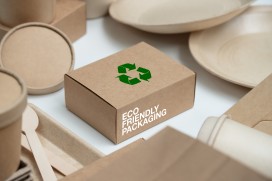
What Is Sustainable Packaging? Understanding the Shift to Greener Materials
What is sustainable packaging, why does it matter and how can businesses take practical steps toward greener materials.
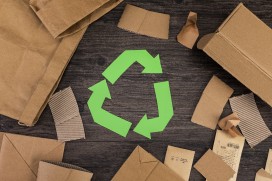
What is the Best Tape for Painting?
We share the main types of painting tapes, when to use them, and practical tips to help professionals get the best results on their next project.

Peak Packaging Monday
The busiest day of the year for buying packaging falls on Monday 24th November, 2025.
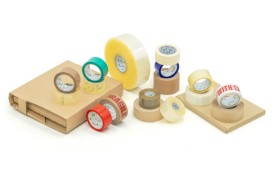
What Are the Different Types of Tape and Which Should You Use?
Learn all about the different types of tapes used commonly across many industries.

Employee Share-Ownership Model Drives Growth and Careers at Kite Packaging
Employee ownership is fuelling rapid growth and new career opportunities at Kite Packaging.
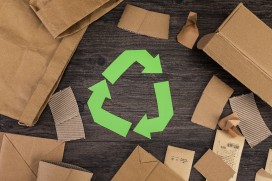
Are Cardboard Boxes Recyclable? Everything You Need to Know in 2025
Our guide explains exactly how cardboard recycling works in 2025, what can and can’t go in the bin, and how both businesses and consumers can reduce their waste

Kite Packaging donates £29,000 to UK charities
Employee share-owned packaging company Kite Packaging recently donated over £29,000 to charities across the UK as part of its charitable giving campaign.
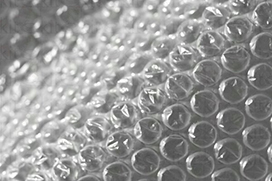
Eco-friendly Alternatives to Bubble Wrap for Your Business
From hivewrap and shredded papers, to packing peanuts that dissolve in water, discover a range of eco-friendly alternatives for bubble wrap for your business.

Your Guide to Collecting Packaging Data for Extended Producer Responsibility
Everything you need to know about reporting packaging data for EPR so you can comply with confidence.
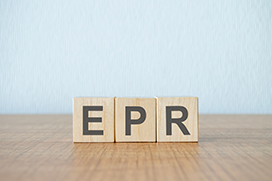
Extended Producer Responsibility in UK Packaging: What Businesses Need to Know
Discover how Extended Producer Responsibility (EPR) affects UK packaging regulations. Learn who it applies to, what you need to report & key deadlines.